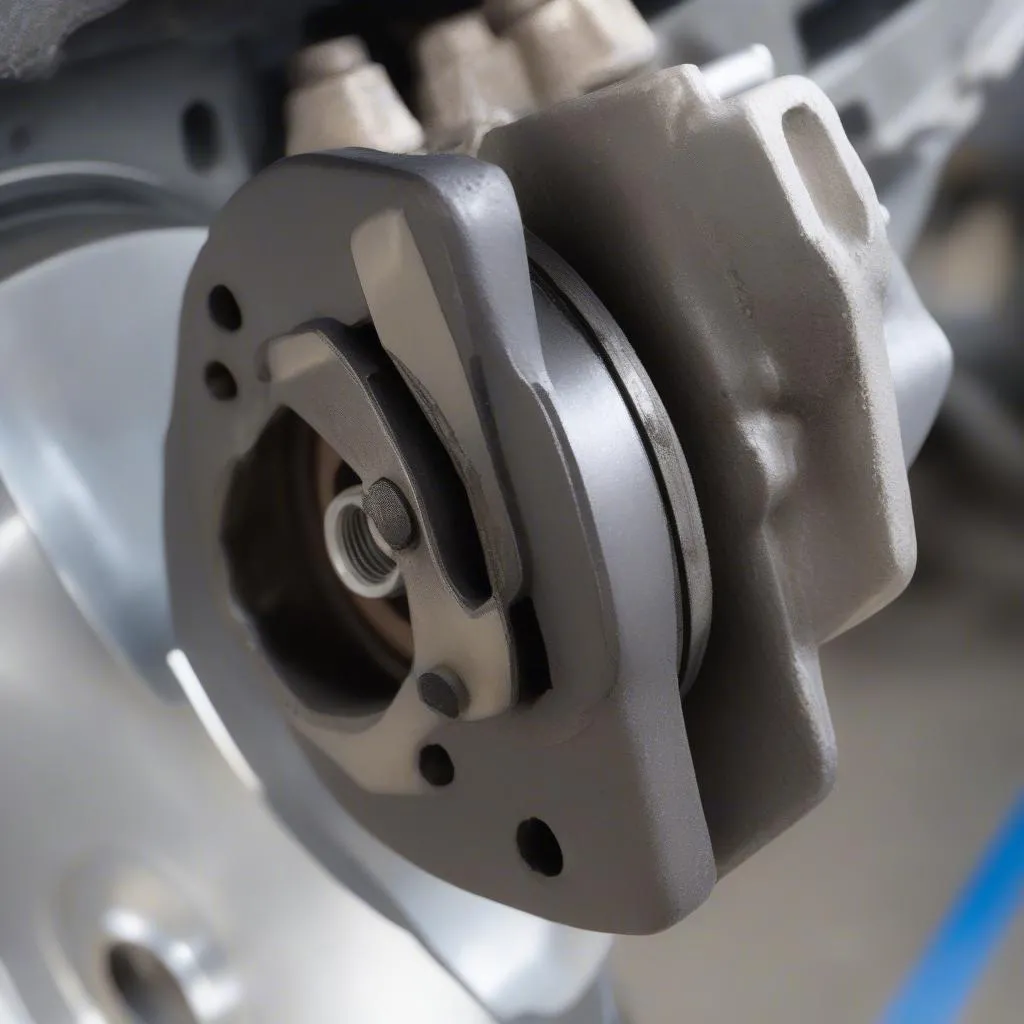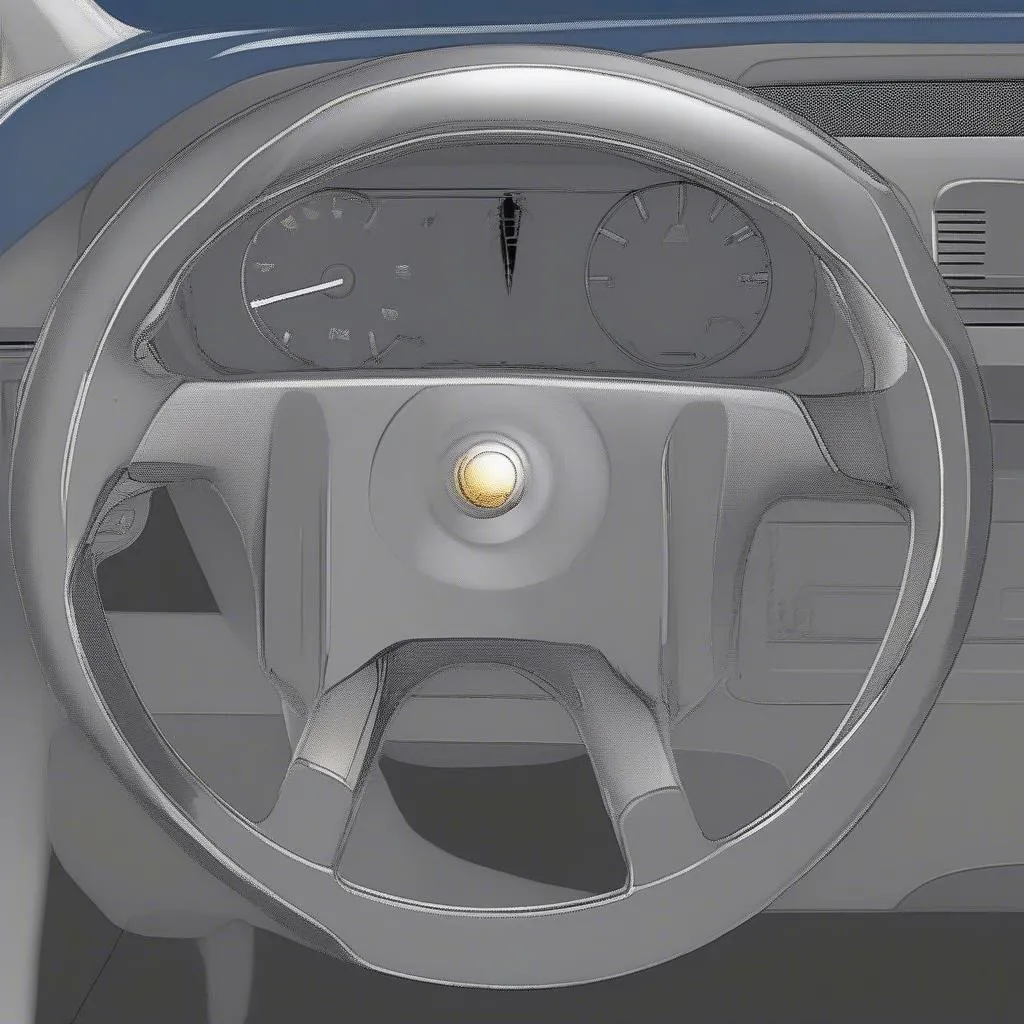“My mechanic mentioned something about pivot pins needing replacement. What are those?” Sound familiar? Don’t worry, you’re not alone. Understanding the ins and outs of your car can feel like learning a new language. Let’s demystify “pivot pins” and see why they’re important to your car’s performance.
What Exactly are Pivot Pins?
Think of pivot pins as the joints of your car. They’re sturdy metal pins that act as pivoting points, allowing various components to move smoothly. You’ll find them in several crucial areas, including:
- Brake calipers: Pivot pins allow the caliper to clamp and release the brake pads onto the rotor, bringing your car to a stop.
- Suspension system: Here, pivot pins enable the control arms and other suspension components to move up and down, absorbing bumps and ensuring a comfortable ride.
- Door hinges: These pivot pins let your car doors swing open and closed with ease.
Essentially, anywhere you need controlled movement, you’re likely to find a pivot pin doing its job.
Why Should You Care About Pivot Pins?
Imagine driving down Lombard Street in San Francisco with worn-out brake caliper pivot pins. Not a pleasant thought, right? Worn pivot pins can lead to:
- Uneven brake pad wear: This can cause squealing brakes, reduced braking performance, and even a dangerous pull to one side when braking.
- Suspension noises: Clunking or squeaking noises, especially when driving over bumps, could indicate worn pivot pins in your suspension system.
- Stiff or sagging doors: Difficulty opening or closing your car doors could point to issues with the door hinge pivot pins.
Regular inspection and timely replacement of worn pivot pins are crucial for your safety and a smooth, quiet ride.
What Happens if Pivot Pins Fail?
While rare, complete pivot pin failure can have serious consequences:
- Brake caliper detachment: This can lead to complete brake failure, putting you and others at risk.
- Suspension collapse: A terrifying scenario where your car’s suspension gives way, leading to loss of control.
** brake-failure-due-to-pivot-pin
brake-failure-due-to-pivot-pin
Common Questions about Pivot Pins:
How often should pivot pins be replaced?
There’s no one-size-fits-all answer. Consult your car’s owner’s manual or a trusted mechanic for recommended maintenance schedules. Generally, inspecting pivot pins every 30,000 miles or during brake pad replacements is a good practice.
Can I replace pivot pins myself?
While possible, it’s recommended to leave pivot pin replacement to professionals, especially for brake calipers. It involves intricate work and requires specialized tools to ensure proper installation and your safety.
How much does it cost to replace pivot pins?
The cost varies depending on the vehicle model, labor rates, and whether additional components need replacement. It’s always a good idea to get quotes from reputable mechanics before proceeding with any repairs.
Other Signs of Pivot Pin Issues:
- Vibrations in the steering wheel when braking
- Uneven tire wear
- Difficulty steering
If you notice any of these symptoms, it’s essential to have your car inspected by a qualified mechanic as soon as possible.
** steering-wheel-vibration-while-braking
steering-wheel-vibration-while-braking
Related Questions:
- What are the symptoms of a bad ball joint?
- How do I know if my control arm bushings are bad?
- Can I lubricate pivot pins?
Need help diagnosing car problems or finding the right tools like Dealer Scanners for European Cars? We’re here to help!
Contact us on WhatsApp at +84767531508 for 24/7 expert support. We can assist you in finding the right solutions for all your car maintenance needs.
Check out these other helpful articles:
Let us help you keep your car running smoothly and safely!